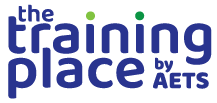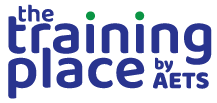This programme, about EU approach for the evaluation, authorisation, monitoring and control of food additives, flavourings and enzymes, includes new practical-oriented features to facilitate understanding of the legislation and its enforcement. Two type of courses will be implemented:
Course A – featuring case studies to learn how to apply the harmonised regulation, theoretical and practical training regarding common aspects to every type of FIA, quantum satis and carry over principles, and specific modules addressing respectively food additives, flavourings and enzymes.

